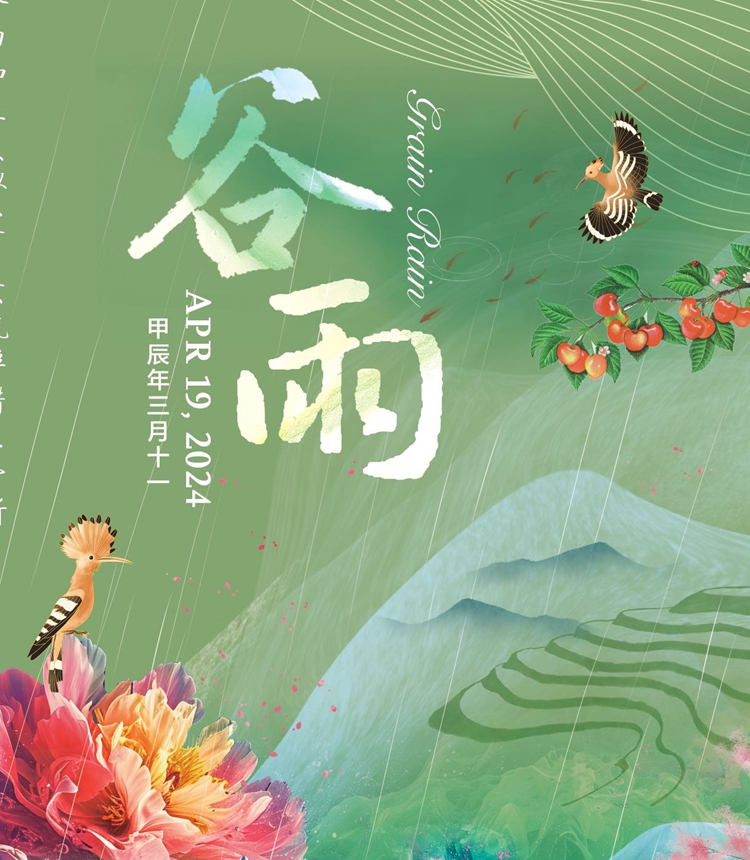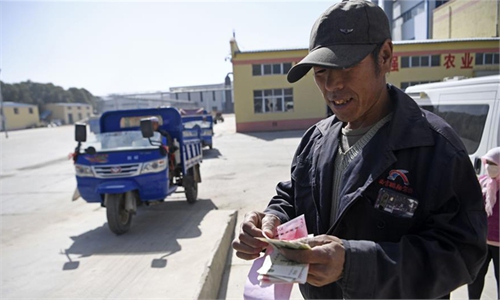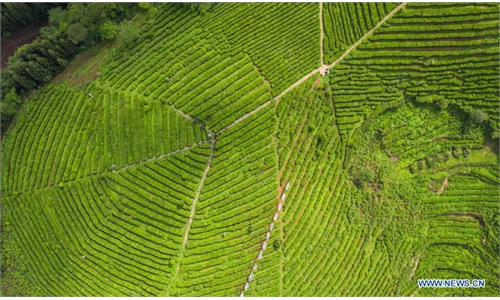ARTS / CULTURE & LEISURE
Guyu: Chinese solar term symbolizes growth, renewal, community celebration

Poster: Global Times
Guyu, or Grain Rain, marks a significant period in the traditional Chinese calendar. As the sixth of the 24 Solar Terms, Guyu usually falls around April 20 and lasts until the beginning of May. This period is traditionally associated with the onset of the rainy season, providing much-needed moisture that helps crops grow and thrive.
Guyu's significance extends beyond just agriculture. It represents a time of growth and renewal, both in nature and within communities. This term traditionally marks the end of spring and the time to begin preparations for summer, making it crucial for farmers to ensure their crops are planted in time to take full advantage of the growing season. During this time, activities like planting rice, corn, and beans are common due to the favorable conditions of warmer temperatures and increased rainfall.
Culturally, Guyu is a period rich with customs and communal gatherings. It is not just about agriculture; it's also a time for festivals, cultural events, and rekindling community bonds. Communities often celebrate with various festivities, appreciating nature's renewal. It's common to see people engaging in outdoor activities, celebrating with traditional performances, and enjoying the blooming of spring flowers such as peonies, which are especially significant during Guyu.
Health and well-being are also focal points during this time. The changing weather requires adaptations in daily life, including dietary adjustments. Traditionally, foods rich in vitamins and minerals are emphasized to complement the weather transition from spring to summer. Moreover, the seasonal tea harvested during Guyu is valued for its health benefits, including its rich antioxidants.
Guyu not only highlights the practical aspects of agricultural planning but also embodies a deeper connection to the cycles of nature and the community's cultural practices. It is a reflection of the wisdom embedded in the traditional Chinese way of life, where observing natural phenomena guides daily activities and seasonal preparations
Today, the 24 Solar Terms remain a significant guide for Chinese farmers in their agricultural work. The system has been listed on the United Nations Educational, Scientific, and Cultural Organization (UNESCO) Representative List of the Intangible Cultural Heritage of Humanity.
Global Times



